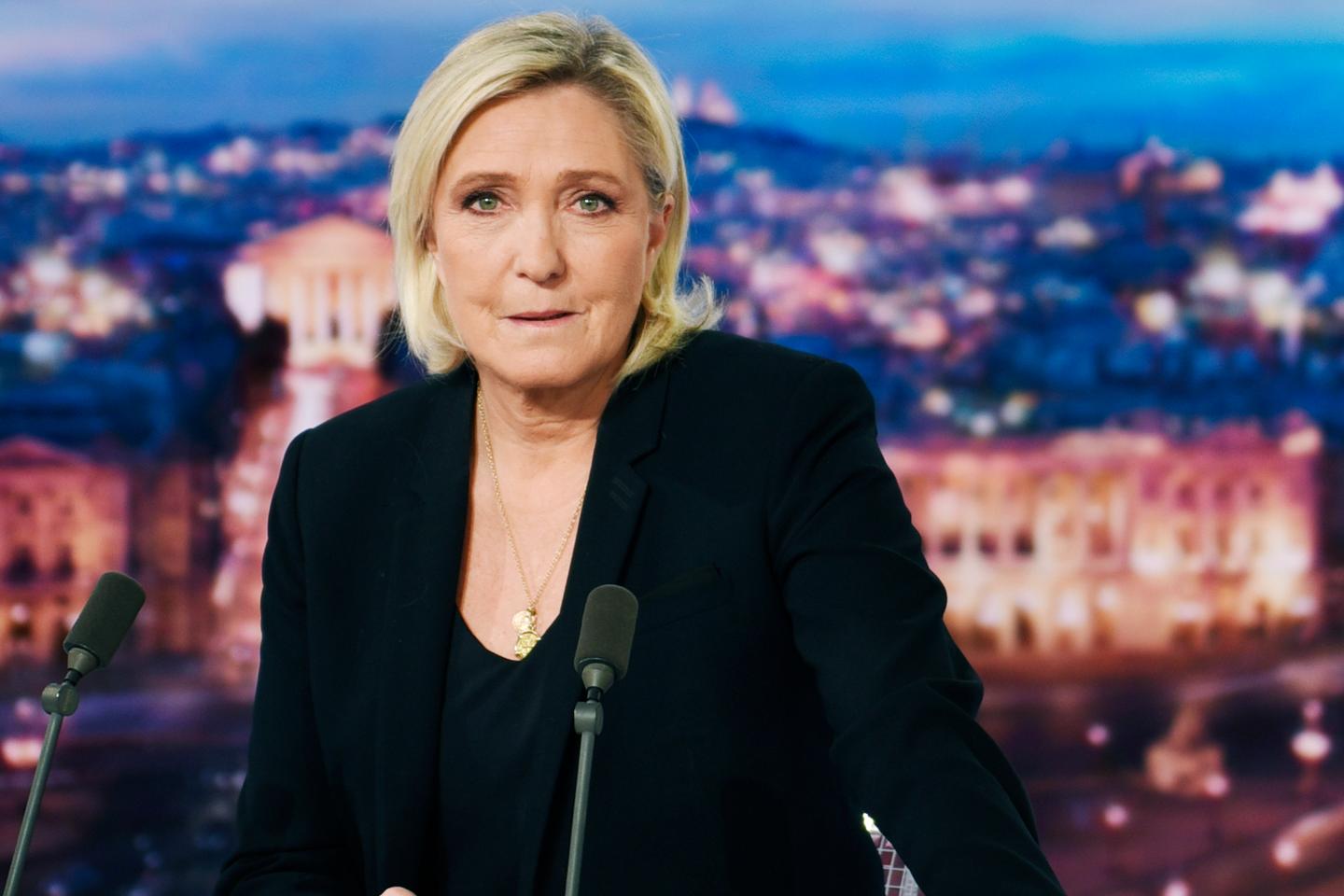


In December 2023, it was rumored that President Emmanuel Macron was going to change prime minister, Marine Le Pen's brother-in-law and adviser Philippe Olivier confided his preference: "In these cases, you need someone very political, consensual and respected. The profile is François Bayrou: He has good relations with everyone, and would be able to manage." A year later, the far right saw their wish come true: The centrist they dislike least was appointed head of government, and they have promised to give him a chance. Perhaps even until the summer of 2025, when parliamentary elections can be called again.
Having played a part, along with the left, in bringing down Michel Barnier's government on December 4, the Le Pen's party the Rassemblement National (RN) seems ready to give Bayrou's government a reprieve. Party president Jordan Bardella said the RN would not automatically vote to topple Bayrou following the announcement of the centrist's appointment on Friday. "Our red lines remain, they're not going to vary," he said, calling on the new head of government to "take them into consideration." "No scrapping medical reimbursements, no weakening of the economic and social situation of pensioners," he reiterated.
In turn, Le Pen, whose party has 124 MPs in the 577-seat Assemblée Nationale, called on Bayrou to "hear and listen to the oppositions to build a reasonable and thoughtful budget." "Any other policy that would simply be an extension of Macronism, twice rejected at the ballot box, could only lead to deadlock and failure," she warned on X. "We have symbolic things to pass, and I think François Bayrou is intelligent enough to take them into account, notably proportional representation and indexation of pensions," said Olivier, convinced that, with the new prime minister, "the budget can be adopted."
'True democrat'
Among Le Pen's supporters, there's still a form of tenderness toward this "tolerant parishioner," a former opponent of Le Pen in the 2012 presidential election. Back then, the two of them jointly denounced the "UMPS" – a contraction of UMP (the former name of the conservative Les Républicains party) and PS (for Parti Socialiste) – in the hope of making their way to the second round. That year, both campaigned on public morality and boosting French production. One sees himself as a bridge between the right and the left, the other, conversely, as neither right nor left. The two would neutralize each other.
You have 58.17% of this article left to read. The rest is for subscribers only.
